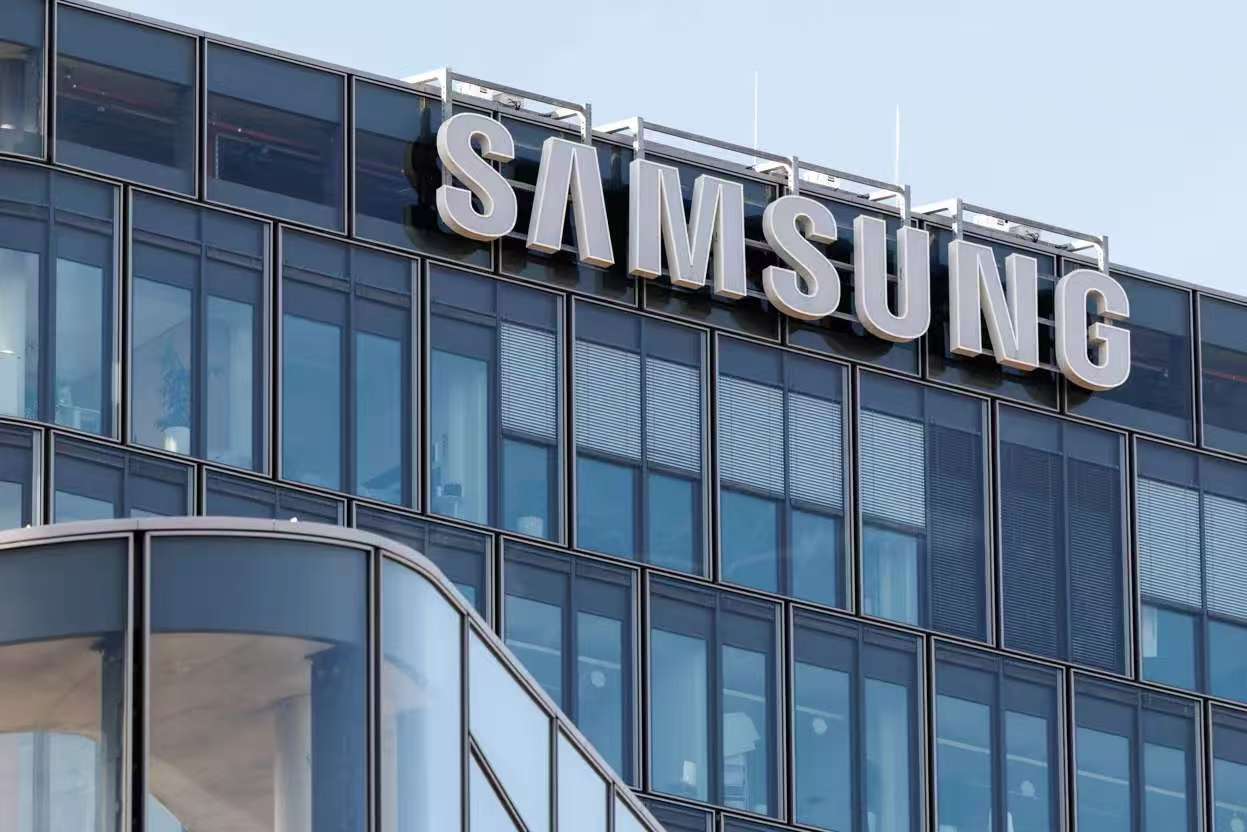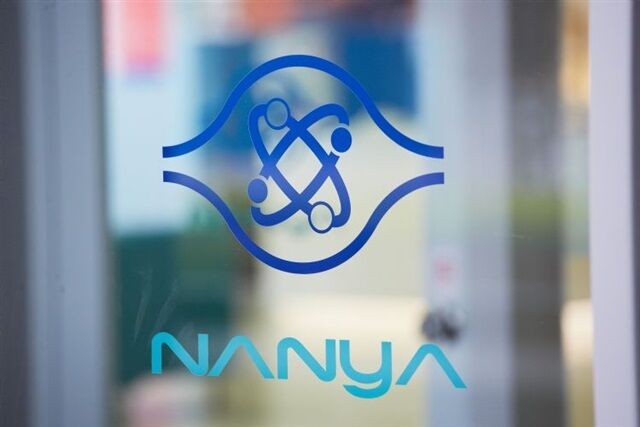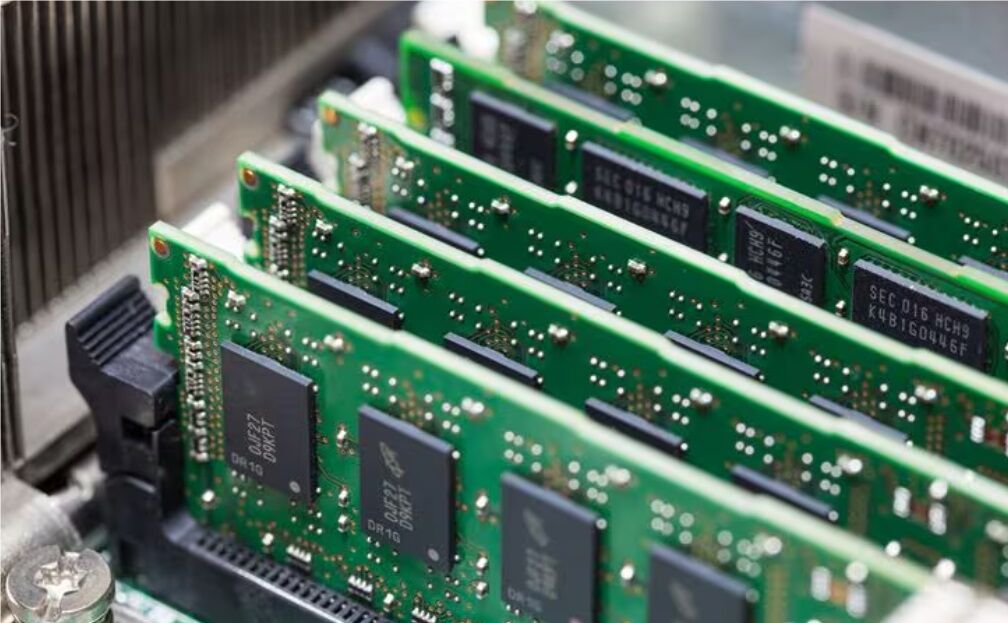Broadcom's proposal to acquire Qualcomm has gone through a trading game for the past five months. Eventually, the U.S. government rejected this largest acquisition in the history of technology. This transaction dispute that lasted nearly six months ended in a negative rejection, seemingly it has no obviously influence the business for both parties. but in fact has greatly influenced the future development of Qualcomm.
As a family enterprise, Qualcomm started the business with the CDMA technology standard authorization. The founder family has been firmly in control of the development of Qualcomm. Of course, the influx of investors gradually vetted Qualcomm's management to a certain extent. The biggest crisis was the rumors of splitting Qualcomm that had been reported in previous years, and the subsequent acquisition of NXP by Qualcomm as a compromise between the two parties. This time, with the help of external acquisitions, it divided the camp of Qualcomm’s internal shareholders, and with the desire of some shareholders to cash in, it finally achieved the goal of replacing the chairman of the company. Even if it cannot change the structure of equity ratio, at least the investment institutions are on the surface. The harvest, and the founder family's influence on Qualcomm’s future decisions will inevitably weaken. In addition, there are multiple overlapping investors behind the two companies. Since Broadcom has the confidence to replace more than half of the directors of the board of directors of Qualcomm, this means that the investment institutions may choose new management to re-lead Qualcomm. This will likely greatly change the future development path of Qualcomm.
Broadcom and Qualcomm are both the fastest-growing semiconductor companies in the 21st century. The proportion of lawyers was very high in Qualcomm’s early-stage, At the highest time, more than 1,500 laws were used to obtain royalties in various places. Later, this corporate structure was completely changed because a patent lawsuit with Broadcom. In that patent lawsuits, Qualcomm been awarded billions of dollars in compensation. After that, Qualcomm cut down nearly halved the number of lawyers and employees, and has thus focused more on technology research and technology acquisitions and built the bigger Qualcomm technology empire.
Of course, it is very difficult to predict the future of Qualcomm. However, the semiconductor industry has become more and more capitalized, the internal structure of Qualcomm will certainly face greater challenges. In this transaction dispute, although Qualcomm’s investors did not receive a high return on acquisitions, their control power inside Qualcomm seems to have been strengthened.
As for Broadcom, Avago's acquisition of the bigger company Broadcom has shocked the semiconductor industry, and now it again plans to acquire Qualcomm, a semiconductor giant. In order to further destroy confidence in Qualcomm's resistance, Broadcom raised billions USD earlier this year to demonstrate its determination and confidence in the acquisition. All this seems to make the US government's involvement in the final decision appear so dramatic, but this may be exactly what Broadcom needs now. Yes, and trading success does not seem to be the most important.
From the perspective of Broadcom’s management, although they did not complete the largest purchase transaction, they still achieved a certain purpose. This may be the initial purpose of this transaction. If you study the initial investment portfolio of the company AVAGO when it was established, including several behind-the-scenes bids, you will find that behind the AVAGO there are many Singaporean or Asian identity investment institutions, which are not really support Trump's Return to US Strategy. These investment agencies do not want Broadcom’s headquarters to be moved back from Singapore to the United States. However, as a delegate to Trump’s invitation to the White House, Hock Tan will certainly need some strategy to convince these early owners of the benefits of returning to the United States. Therefore, the veto of this transaction is undoubtedly its best persuasive power. If Broadcom returns to the United States, then perhaps the U.S. government will not hinder the acquisition of both parties. To meet the needs of business expansion in the future, returning to the United States is the most reasonable choice.
What if Broadcom successfully acquires Qualcomm? One controls the largest wired transmission data flow, one controls the largest mobile transmission data flow, Qualcomm has basebands and APs for mobile phones, and another data traffic-critical PA and antenna is exactly what Broadcom leads, and it seems that the merger of the two parties can completely occupy All links of data transmission, such a perfect combination, will not have competitors in the world.












All Comments (0)